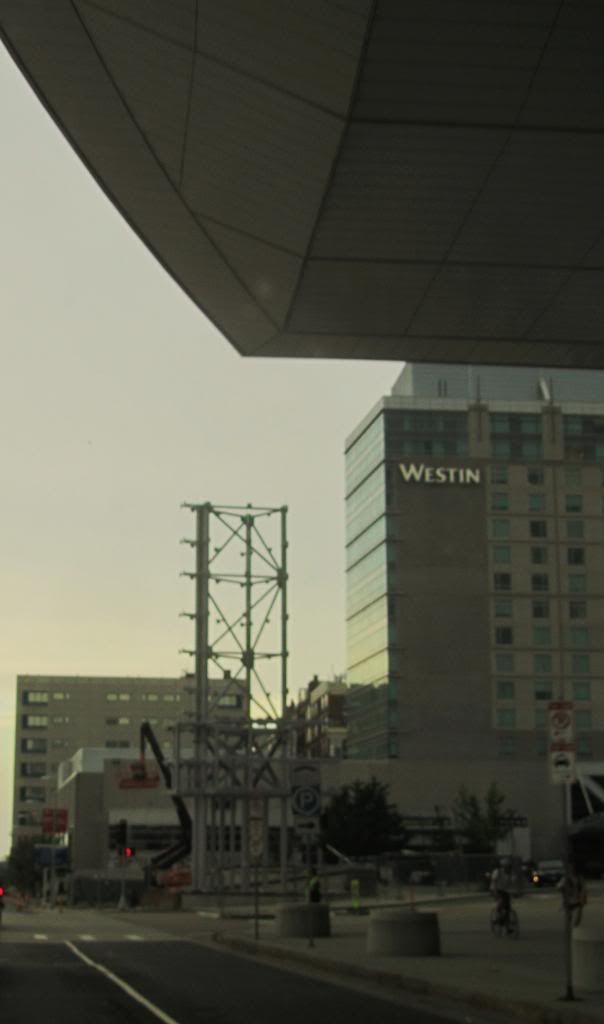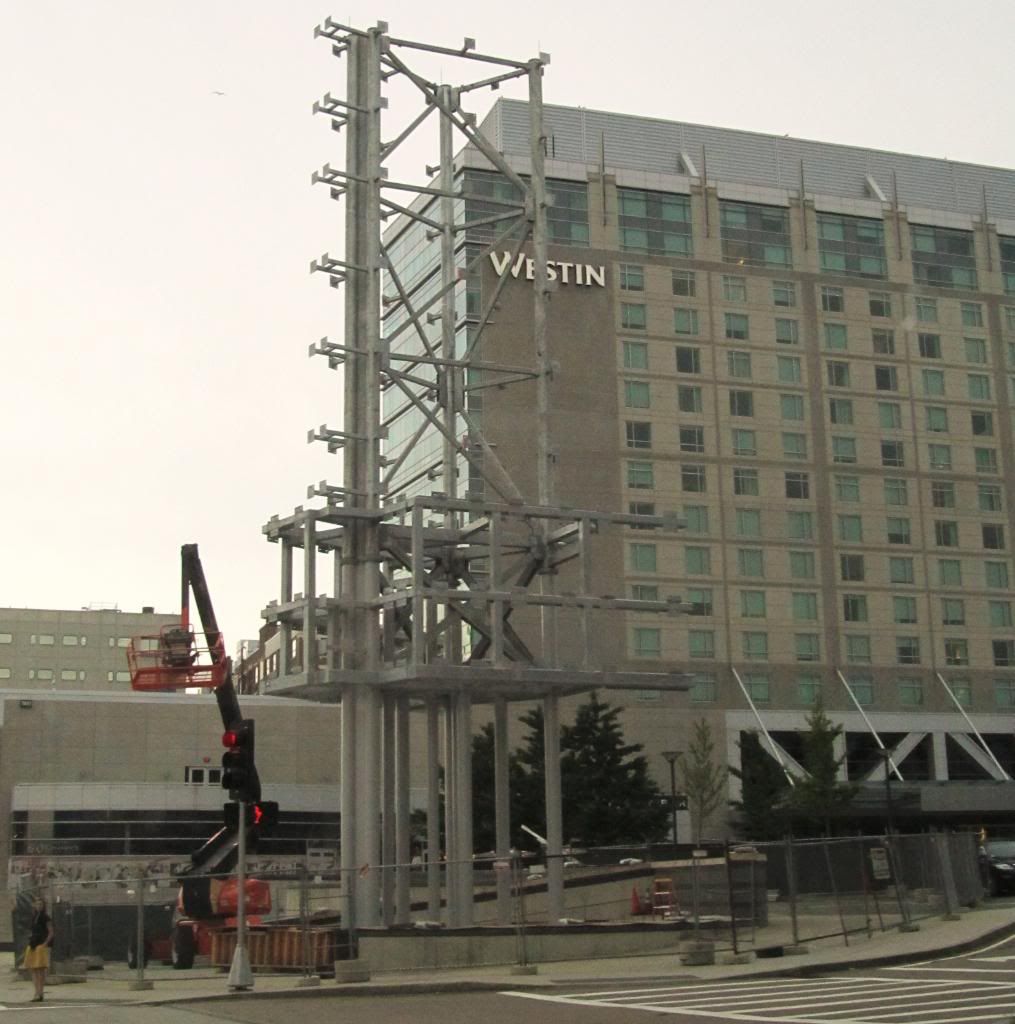Convention panel OKs expansion
http://www.boston.com/Boston/busine...s-expansion/wvbygVrRZ5OHCRYSVuEOMI/index.html
A state panel today recommended a $2 billion expansion of the Boston Convention & Exhibition Center that would dramatically increase its meeting space, and add a headquarters hotel next door.
The panel’s sign off is the first step toward official approval of the expansion, which still needs backing from the City of Boston, the state Legislature and the Massachusetts Convention Center Authority.
The endorsed project includes an addition that would house a second exhibit hall, new meeting rooms and multi-purpose space, and an adjacent hotel with up to 1,200 rooms. The panel also recommended that the Massachusetts Convention Center Authority spend $4 million to determine optimal locations for additional parking and other facilities required to support the project. That recommendation will next be taken up by the authority’s board of directors.
Nearly all 27 members of the panel, named the Convention Partnership, were strongly in favor of the expansion, arguing a larger convention center would produce substantial benefits for taxpayers.
“Boston has so much more potential as a convention and meeting city,” said James Rooney, co-chair of the panel and executive director of the Massachusetts Convention Center Authority. “The project speaks to Boston’s role in a 21st-century knowledge-based economy. The ability to hold these major assemblies in key industries is a big part of that broader picture.”
The partnership is made up of local officials and business people appointed by city and state leaders.
Three panelists declined to support the expansion, saying they were not convinced the project is the best use of the state’s economic development money.
“I’m yet to be persuaded that the benefits of this project merit the large public expenditures that would be required,” said panelist Michael Widmer, head of the Massachusetts Taxpayers Foundation. The other two objectors are State Sen. Sonia Chang-Diaz and Sam Tyler, head of the Boston Municipal Research Bureau.
The panel has said construction of the hotel alone could require up to $200 million in public subsidies as well as additional tax increases to pay for the new exhibit hall and meeting rooms.
The partnership did not recommend specific funding sources, and instead put forward a menu of options: including an increase in the statewide hotel tax, borrowing against future tax revenues from the expansion, or increasing taxes on taxis, rental cars and other tourist services around the Boston area.
The panel’s backing comes despite critics’ concerns that a larger facility will not produce the promised economic benefits, at a time when the nation’s convention business is struggling and 21 other cities are also expanding their facilities to fight for a share of the market.
In Boston, visitors to the John B. Hynes Memorial Convention Center and the Boston Convention & Exhibition Center fell to 645,000 last year, down 26 percent from 870,000 in 2008.
But managers of the convention center authority are predicting a strong recovery in coming years that they say will justify the costs of expansion. The authority released a report last week asserting that the larger center could pump $222 million a year into the local economy, attract up to 26 new events per year, and create or support 7,300 construction jobs.
The debate now shifts to City Hall and the State House, where the Patrick and Menino administrations must work with lawmakers to decide whether to move forward with the expansion.


